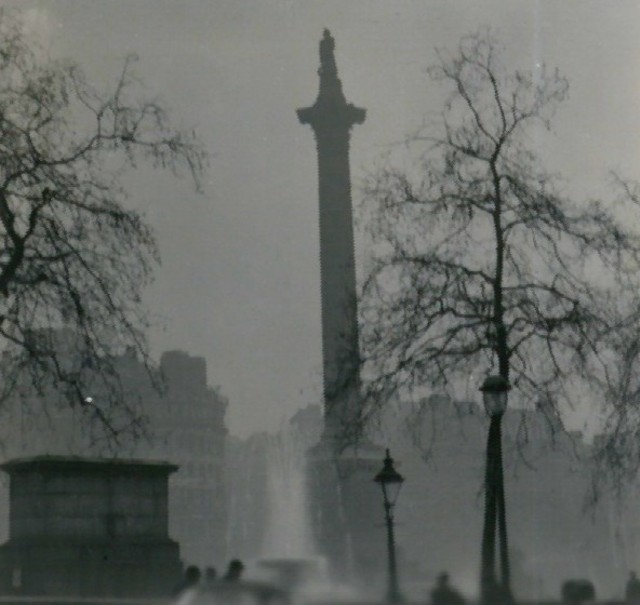The distinction I pointed-out earlier between long-term and short-term goals, was made in order to try and stop the ULEZ discussion from going into polluting countries and 'dirty' multinational corporations.
Confounding the two together is unhelpful. ULEZ does deliver cleaner air in city centres, where there's a high density of people living and working. So do the financial incentives for EVs.
Criticising these schemes because they do not have a significant global impact on worldwide pollution, is like objecting to having constables on the beat in your neighbourhood looking-out for pushers because this won't solve the issue of the Colombian drug cartels or Afghanistan's opium fields.
Not an unreasonable point, so it should be nationally unified so as to reduce the 'gotcha' culture that exists.
The letters recognise an issue of educating about the London ULEZ, now what about all t'others that operate differently. I don't have the time or inclination to educate myself on the 16 (or how ever many now) different policies around our country in case I might stray over a line.
Even if I get 16 letters + from all these wannabe Chinese Party local authorities I'm not going to remember a small part of the guff.
I say there is a national Gov't responsibility to make this workable.
That way they might actually reduce the numbers that pollute their cities naively, but their revenues would be lower.
£15 if you pay on the day, £80 if you're not aware. There's no justification for the loading of a disproportionate fine and demonstrates a kerching attitude.
All that ignores the masses of motors that are now being devalued. Then the waste of so many good and healthy motors that will be scrapped and cause premature pollution as they are theoretically recycled, and the pollution as new EV's are produced to replace them.
It also ignores the pollution to produce the electric the recharge these miracle motors, and the pollution (and disruption) as cabling and equipment is installed on industrial scale throughout many nations.
So we move the pollution from the cities to an 'elsewhere'.
A great part of the ban the diesel debate is around the selfishness of us diesel drivers polluting with disregard, and loading other 'elsewhere's ' isn't selfish?
To meet local needs our waste was sent to Malaysian rural areas . There they used their plants to incinerate over night poisoning the local communities. Which poor sods will suffer the increase of pollution while London's elite pat themselves on each others backs?
Nowts for nowt.

en.wikipedia.org

